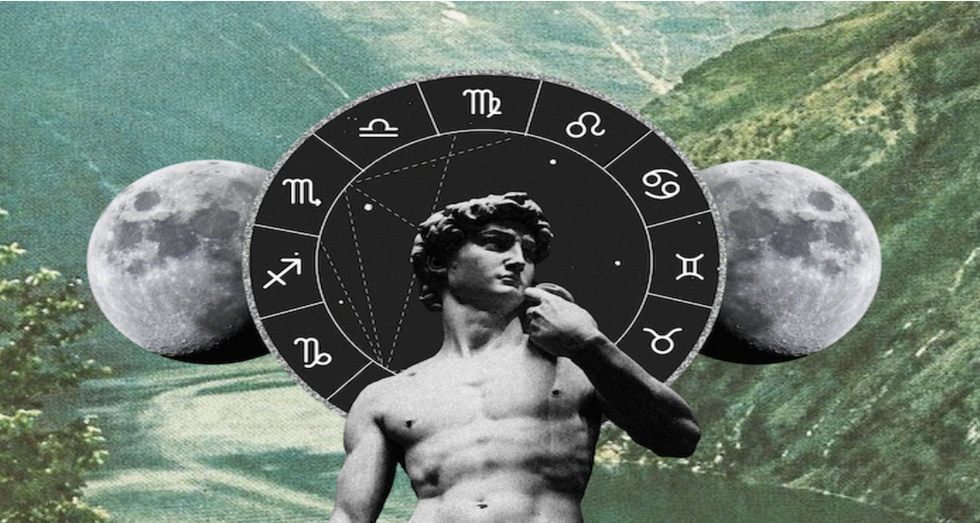This is a response to One Good Reason Why Astrology Isn't A Total Waste of Your Time.
In an era defined by skepticism and scientific inquiry, astrology finds itself at an interesting crossroads. For centuries, astrology has captivated human imagination, offering insights into personality traits, compatibility, and even future events based on the positions of celestial bodies. However, as society becomes increasingly reliant on evidence-based knowledge and critical thinking, astrology's validity is being called into question. In the age of doubt, astrology faces both challenges and opportunities to redefine its place in the modern world.
Astrology, with its roots dating back to ancient civilizations, has held significant cultural and spiritual significance throughout history. The belief that celestial bodies influence human lives and behavior resonates deeply with many individuals, providing a sense of comfort, guidance, and connection to something greater. Even today, millions of people turn to their horoscopes for a glimpse into what the future may hold or for self-reflection.
However, astrology's perceived accuracy and legitimacy have long been debated among skeptics and scientists. Critics argue that astrological predictions rely on generalizations and vagueness, making it easy for individuals to interpret the information to fit their personal circumstances. The lack of scientific evidence supporting astrology's claims raises eyebrows among those who demand empirical proof for any belief system.
Science, with its rigorous methodologies and emphasis on evidence, has often dismissed astrology as a pseudoscience. Astronomy, its scientific counterpart, disentangles the movements of celestial bodies from any connection to human lives. The positions of the stars and planets, astronomers assert, have no measurable impact on an individual's personality or life events.
Yet, despite the scientific community's reservations, astrology continues to thrive. Its popularity persists in books, magazines, websites, and social media platforms, catering to a vast audience seeking meaning and insight beyond the physical world. It seems that astrology's value lies not in its scientific validation but in its ability to fulfill human needs for self-reflection, spirituality, and a sense of wonder.
The rise of astrology in the age of doubt can also be seen as a response to the limitations of scientific explanations. While science offers incredible advancements and answers to many questions, it often falls short when it comes to addressing the mysteries of human existence. Astrology, in contrast, provides a framework through which individuals can explore existential questions, find solace in times of uncertainty, and seek guidance in their personal journeys.
As astrology adapts to the challenges of a skeptical world, some practitioners are actively exploring new approaches that blend ancient wisdom with modern understanding. Astrologers are embracing psychological and archetypal interpretations, acknowledging that horoscopes can be powerful tools for self-reflection and personal growth, rather than strict predictions of future events. This shift towards a more introspective and nuanced understanding of astrology allows for a deeper exploration of the human psyche and the role of cosmic symbolism in our lives.
Ultimately, the validity of astrology in the age of doubt is a deeply personal matter. While some individuals may find comfort and meaning in astrological interpretations, others may dismiss it as nothing more than an entertaining diversion. As with any belief system, it is essential to approach astrology with a critical and discerning mind, recognizing its limitations and acknowledging the lack of scientific consensus.
Astrology, as a cultural phenomenon, will continue to evolve and adapt to the changing times. Whether it withstands the scrutiny of skeptical minds or transforms into a more metaphorical and introspective practice remains to be seen. However, as long as astrology continues to provide individuals with insights, connection, and a framework for understanding themselves and the world, its place in the human experience will persist, regardless of the age of doubt.


















